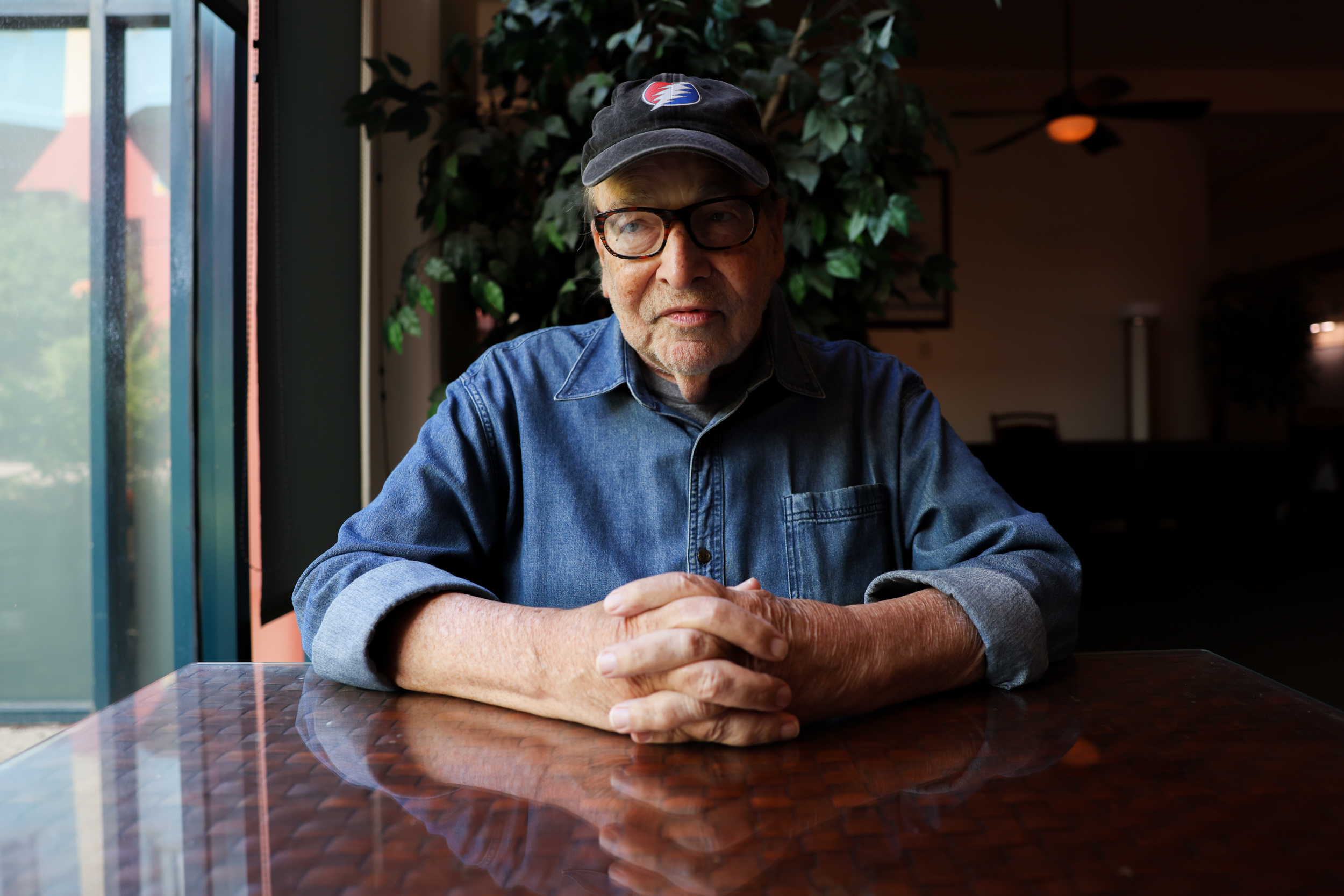In a three-minute hearing Friday, a judge granted a request to have Proposition K struck from the November ballot after the initiative’s organizers admitted they blew nearly a half-million dollars while misleading thousands of people into signing a petition that falsely claimed a tax on Amazon would fund a guaranteed income program in San Francisco.
San Francisco Superior Court Judge Richard B. Ulmer breezed through Friday’s hearing in granting the petition from John Elberling, the boss of the affordable housing group TODCO, whose subsidiaries funded the nearly half-million-dollar effort to get Prop. K on the ballot.
Elberling told The Standard in a story published this week that he made mistakes in calculating how Amazon earns its revenue in the city. A report by the City Controller’s office found that the tax measure would actually harm hundreds of small businesses in San Francisco and cut revenue to the city’s general fund by about $10 million a year.
“Yes, it hurts to have made such a public mistake and have spent almost $450,000 on a flawed measure,” Elberling said in a statement Friday. “We apologize to all those who joined us in support of Prop. K’s worthy goals. But this was also a uniquely valuable learning process, and we will use it to put a much-improved measure on the next city election’s ballot to achieve Prop. K’s goals—and more!”
Sharky Laguana, head of the city’s Small Business Commission and one of the few people to flag Prop. K as a poorly written measure ahead of the controller’s final report, told The Standard that he supported the judge’s decision.
“I’m glad it won’t be on the ballot and relieved we won’t have to spend any more time talking about this!” he wrote in a text.
The idea of taxing Amazon for guaranteed income was popular: the tax polled at 74% support, according to its supporters, and received more than twice the necessary amount of signatures. However, because Prop. K was a gross receipts tax and set the floor at $2.5 million in revenue, hundreds of small businesses in the city would have been hit with the tax.
Elberling, who expressed little remorse for Prop. K’s flaws in a previous interview, has said he intends to bring a similar ballot measure to voters next year once he has a better handle on targeting Amazon’s pursestrings. Tweaks on which entities will be taxed and who will benefit are apparently already in the works.
“Given the potential for significantly more new revenue than we foresaw, $75 million per year,” Elberling said, “the allocation of the next measure’s funding should be evenly divided between small business assistance and Guaranteed Income programs, while still retaining its increased funding for homeless services programs too.”
Judge Ulmer’s decision will require attorneys for Elberling to file paperwork with the city on Tuesday to complete the process.
